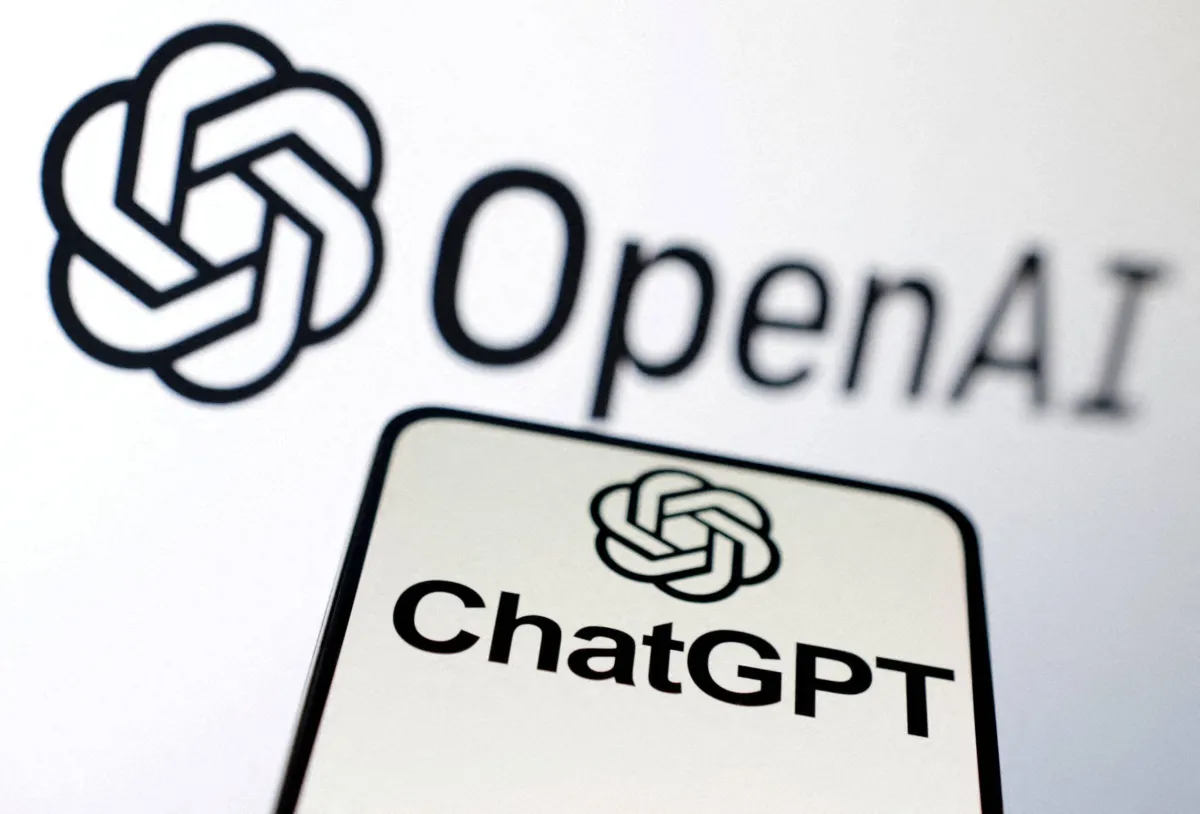Introduction to the Impact of Artificial Intelligence on Language
Since the emergence of the "Chat GBT" system in December 2022, the digital space has undergone a significant transformation. This system has cumulatively changed the words we use for daily expression, shifting away from old habits and inherited dictionaries. The hearings that began with the increasing system have become an integral part of human life, bringing warmth and depth to our interactions.
The Evolution of Language
Scientists from the Max Planck Institute for Human Development in Berlin have been monitoring a vast sea of human language, comprising over 740,000 hours of academic lectures, public discussions, and podcast dialogues. Their research reveals that the billions of words used have undergone a change that cannot be ignored, particularly within a few months after the "GBT chat" started. Specific words like "deepening", "pride", "understanding", "fast", and "exactly" have become more marginalized in our daily conversations.
The Influence of Artificial Intelligence on Academic Discourse
Other studies on this phenomenon state that the "chat-gbt" dictionary has had a profound impact on academic research. The use of certain words has increased significantly, with the word "deepening" becoming a passport for academic discourse. Within months of December 2022, its use in lectures doubled, indicating a shift towards a more formal and authentic tone. According to a study of academic papers published in 2024, 13.5 percent of summaries bear fingerprints of artificial intelligence tools, with some specializations and institutions reaching up to 40 percent.
The Uneven Distribution of Artificial Intelligence’s Influence
The influence of artificial intelligence on language has not been equally distributed among branches of science. Education, technology, and business management have been more open to this influence, while areas like religion and sports have been more resistant. This uneven distribution suggests that the language of artificial intelligence has chosen specific areas to germinate, leaving others relatively untouched.
The Methodology Behind the Research
To simulate an alternative world where the dictionary of "chat BT" never appeared, researchers used causal analysis tools, also known as "artificial control". The result was crucial, showing that the difference between the two worlds is greater than random interpretation. This methodology allows scientists to understand the impact of artificial intelligence on language and its potential consequences.
The Implications of Artificial Intelligence on Human Thinking
The problem with artificial intelligence’s influence on language lies not in its ability to replace traditional words but in its power to shape human thinking. When we choose certain words over others, we convey different points of view, sounds, approaches, and implicit values. This gradual formation of the horizon of human thinking can have profound consequences, as it may lead to a narrowing of stylistic diversity and the withdrawal of border dialects and patterns.
The Speed and Depth of Linguistic Change
This phenomenon is not new in linguistic history, but its speed and depth are unprecedented. The printing machine in 15th-century Europe unified text forms and writing patterns, but this change took generations. The influence of radio, cinema, and television on language took decades to materialize. In contrast, the impact of artificial intelligence on language is happening at an incredible pace, with changes occurring within months or years, not centuries.
The Closed Cultural Circle and the Future of Language
The study raises essential questions about the influence of artificial intelligence on the logic of the "closed cultural circle". If linguistic models of artificial intelligence feed on human language and reproduce it according to their preferences, and people adopt these modified languages, this cycle may narrow the functionality of stylistic diversity. The border dialects and patterns may withdraw in front of a linguistic center that is high, disciplined, and similar to itself. This soft rule may not impose a specific communication method but can create a feeling of self-obligation to be more professional, clearer, and possibly more intelligent when speaking in the language of artificial intelligence.
The Silent Linguistic Infection
The influence of artificial intelligence on language is not only long-term but also pervasive. The vocabulary and methods generated by these models are leaked through news articles, books, professional correspondence, and even jokes in the media. Even if one day a person does not deal with "GBT chat", they may still borrow words or expressions that were not part of their self-description, creating a silent linguistic infection that is transferred from one person to another and from one text to another.
The Human Breed and the Vocabulary of the Machine
The human breed today faces the vocabulary of the machine before an accelerated attack of soft colonization. Like every cultural institution, vocabulary is not neutral but a vision of the world, a perception of power conditions, and even a form of self. After a few years of this colonialism, we have become concerned about the extent to which language remains a mirror of man and only touches a reflection of a machine that has dominated its tradition to the extent of its replacement.

